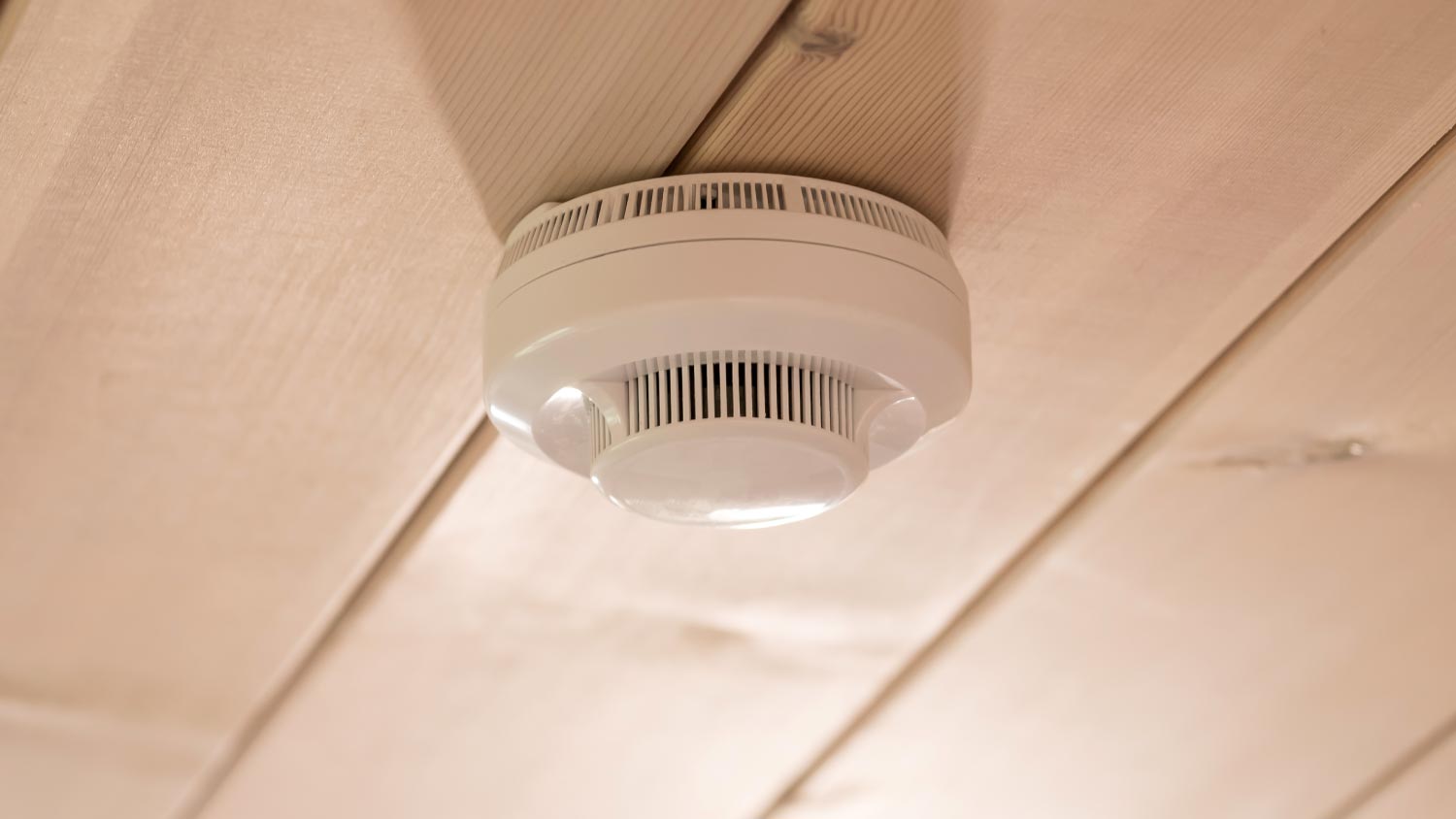7 Red Flags to Look Out for When Apartment Hunting
Watch for these warning signs before you move into a not-so-sweet home


Never rent an apartment without a lease.
Beware of a poorly maintained building and grounds.
There are state laws that protect tenants from negligent landlords.
You’ve searched the local apartment listings and found what seems like a great place in a great location. Best of all? It’s within your rent budget. You make an appointment to see it and have a good feeling that it could be your new home.
While it’s fine to get excited about a potential new place, don’t let emotions get in the way of making a level-headed decision about your housing situation. Here are seven apartment red flags that should make you think twice—and perhaps walk away—before forking over your first month’s rent and security deposit to your new landlord.
1. The Landlord Doesn’t Provide a Lease
While it’s true some partnerships start on a mere handshake or even a fist bump, neither is good enough when it comes to securing the roof over your head. It’s normal for you and your new landlord to discuss the nature of your housing agreement, but unless you have a lease to sign, don’t book the moving company. Ask for a lease agreement, and if the answer is no, it’s time to find another apartment with a landlord who is willing to put your agreement in writing.
2. The Listing Description Doesn’t Match the Layout
We’ve all seen those real estate listings that exaggerate the condition of the property. While you might be disappointed in the apartment’s cosmetic features—or lack thereof— you should stop in your tracks if the basic layout of the space doesn’t match the listing description.
For example, if it’s listed as a two-bedroom apartment but only one of them has egress windows, it’s not a legal two-bedroom apartment. It’s one thing for an apartment to have a flexible floor plan, but it’s quite another if the place doesn’t comply with the local building codes.
3. The Windows Are Poorly Insulated
When touring the apartment unit, don’t forget to check on the status of the windows. Do you feel a draft when you’re near them? Do they have layer upon layer of window film on them? Either could be a sign of old or poorly insulated windows, which is bad news for your utility bills. If you detect this type of problem, talk with the landlord or building management to ensure that they will resolve the issue before signing any paperwork.
4. There Aren’t Any Smoke or CO2 Detectors

Fire safety is imperative in any home, especially in multi-family houses and apartment buildings. If you don’t see smoke or CO2 detectors installed in the unit, warning bells should go off in your head about tenant safety in the building.
Additionally, you should keep an eye out for other fire safety issues. Is there a fire extinguisher in the apartment’s kitchen? Good. Is the hallway fire door wide open? Not good. Did the landlord or property manager post an exit plan? Are there emergency lights in the hallway to illuminate the path to the stairs in case of power outage? You might be thinking about settling into a cozy new apartment, but you should also consider whether the unit is protected in the event of an emergency.
5. The Apartment is in Need of Repair
Was that hole in the wall caused by the current tenant last week? Or has it been there since the last tenant? Either way, you’ll want it in writing that the landlord will fix it and any other outstanding issues before you move in.
If the apartment unit seems to be in severe disrepair when you tour it, take that as a red flag. It likely indicates that the building’s management won’t respond quickly to maintenance or service issues, which could cause future safety and health problems. However, don’t confuse the messiness of current tenants with poor building management. Dishes in the sink or laundry on the sofa aren't the same type of issues as exposed wiring or water-damaged walls.
6. The Building Is in Poor Condition
Houses aren’t the only type of structure to have curb appeal. Suppose you arrive at a complex to view an apartment and are greeted by poorly maintained landscaping, broken staircase handrails, or an ancient elevator that moves so slowly you might as well have taken your chances on the stairs. If that’s the case, you might want to continue your apartment hunt.
If the landlord or property management team doesn’t seem to uphold the building’s exterior look, it’s safe to assume that there’s similar issues in the building’s interior, too.
7. Many Bad Reviews of the Property Management
While a property management company won’t be able to please every tenant, you should be wary of too many negative online reviews of the unit’s building management. Of course, less-than-stellar online reviews of any company should be taken with a grain of salt, depending on the nature of the complaint (or the complainer).
If the complaints about management are centered on one topic, such as heating and cooling issues, ask about those issues during your apartment tour. But if you find the complaints are widespread, this could be a sign that tenant concerns aren’t addressed quickly—or at all.










